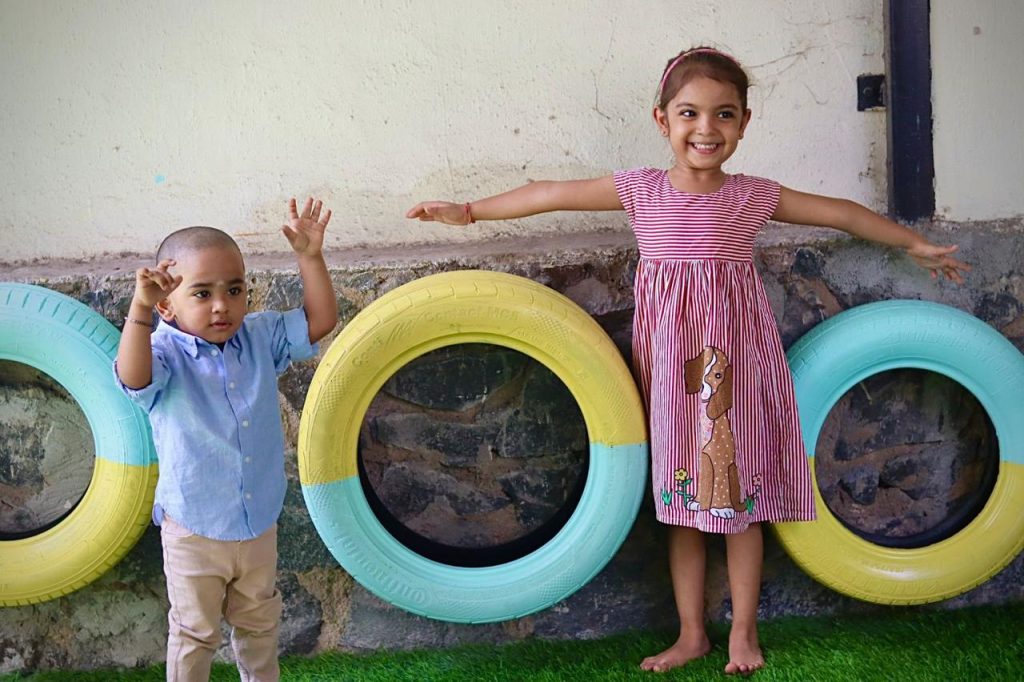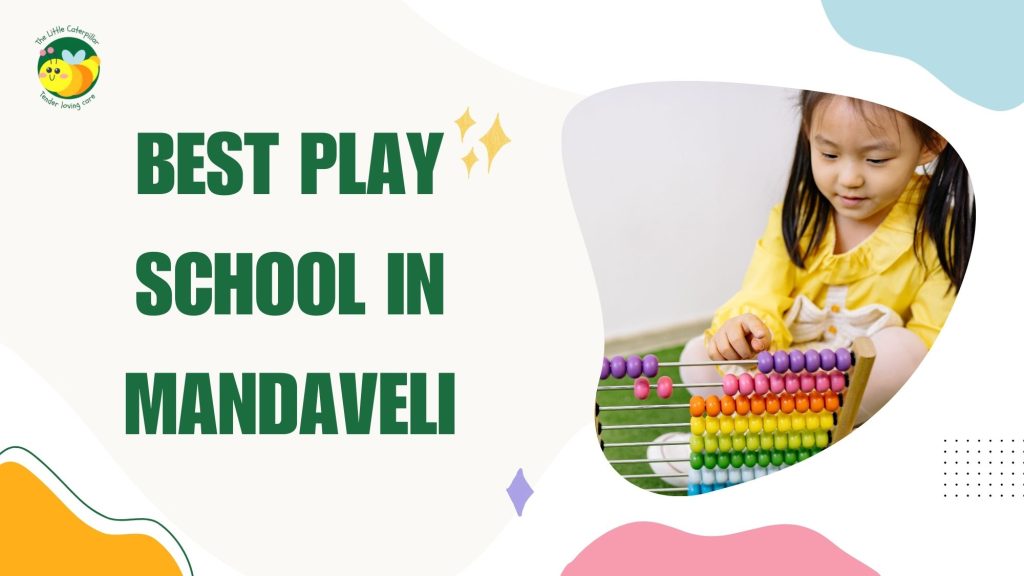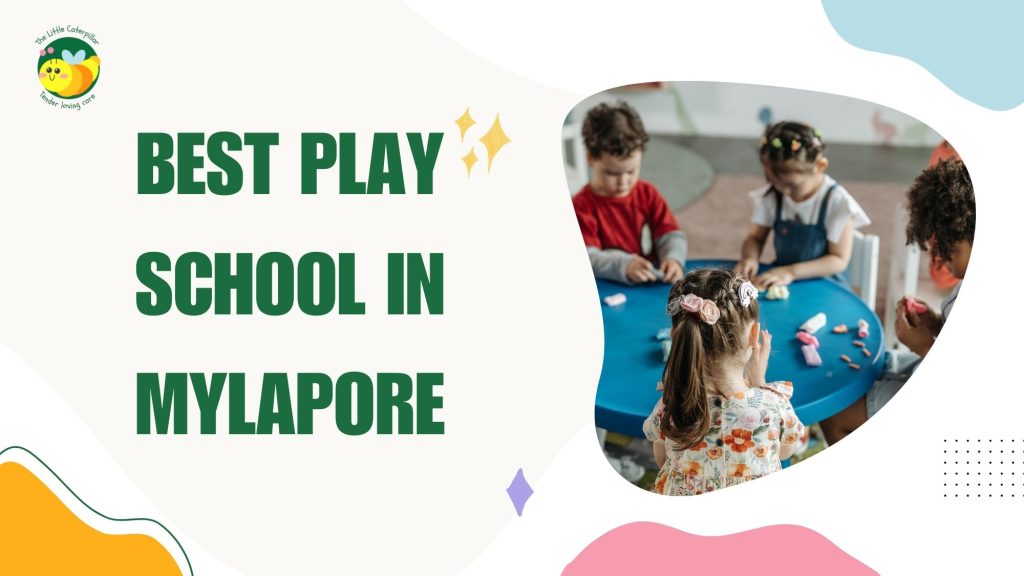Table of Contents
Introduction
The first day of preschool is a big step for both you and your child. It’s an important milestone that signals the start of their educational journey and lays the foundation for future learning. Preparing your child for this transition can make the experience positive and enjoyable, helping them feel safe and excited about their new environment.
Here are some thoughtful strategies to ensure a smooth transition for your child:
Familiarizing Your Child with the Preschool Environment
Taking the time to visit the preschool together before the first day can go a long way in easing your child’s nerves. Walk around the classrooms, explore the playground, and introduce your child to their teacher if possible. These visits give your child a sense of familiarity, turning what could feel like a big unknown into something exciting and approachable.
You can also talk about what a typical day will look like. Discuss activities like storytime, arts and crafts, and outdoor play, emphasizing the fun aspects. Sharing your own positive school memories can help build excitement and create a sense of anticipation.
Establishing a Routine at Home
Getting your child into a routine that aligns with preschool hours is a game-changer. Start by setting a consistent bedtime and wake-up time so your child feels well-rested and ready for their day. Introduce a structured morning schedule that includes activities like getting dressed, eating breakfast, and packing their bag.
Having a predictable routine at home helps your child feel secure and builds a sense of what to expect each day. This consistency will make the transition to preschool less overwhelming and more manageable for both of you.
Using Role Play to Practice Preschool Activities
Engage in pretend play to familiarize your child with common preschool activities. You can set up a mini “classroom” at home and take turns playing teacher and student. Practice things like singing songs, reading books, or raising hands to ask questions.
This kind of play not only prepares your child for the preschool environment but also makes learning feel fun and interactive. It’s a gentle way to introduce them to the idea of being part of a group and following directions, key aspects of preschool life.
Easing Separation Anxiety
Separation anxiety is a normal part of starting preschool, and addressing it early can make all the difference. Comfort items like a favorite stuffed animal or blanket can help your child feel secure in a new setting.
Establish a consistent goodbye routine—something simple like a special handshake, hug, or reassuring words like “I’ll be back to pick you up after your playtime.” These rituals create a sense of stability, making the moment of separation less stressful.
If the anxiety persists, consider practicing short periods of separation at home or with a trusted caregiver. Gradually increasing the time apart helps your child build confidence in being away from you.
Why Preparation Matters
Taking proactive steps to prepare your child for preschool not only helps them feel comfortable but also sets a positive tone for their entire educational journey. Remember, your enthusiasm and reassurance play a big role in shaping how your child feels about this new adventure.
By familiarizing them with their new environment, establishing routines, and addressing their emotions with patience and care, you’re setting your child up for a happy and confident start to preschool.
Understanding Preschool Options in Chennai
Overview of Preschool Options in Chennai
Chennai offers a wide array of preschool options catering to various educational philosophies and needs. From Montessori-based institutions to play-based learning centers, there’s something for every child’s unique learning style. Preschools in Chennai are known for their emphasis on holistic development, fostering not just academic skills but also social, emotional, and physical growth.
Highlighting Unique Features of Preschool in RA Puram
The Little Caterpillar Playschool: Blends Montessori, Reggio Emilia, and Indian philosophies. Focuses on hands-on exploration and creative expression. Programs like Tiny Tots (1.5-2.5 years) and Curious Discoverers (2.5-4 years) provide a nurturing environment for early learners. Offers a hybrid curriculum with an emphasis on safety through CCTV surveillance. Provides playgroup, preschool, and daycare services.
Importance of Choosing the Right Preschool for Early Development
Selecting the right preschool in Chennai is crucial for your child’s early development. A well-chosen preschool can set the foundation for lifelong learning by nurturing curiosity, promoting social skills, and building self-confidence. Factors such as teaching philosophy, teacher qualifications, safety measures, and the overall learning environment play significant roles in shaping your child’s formative years.
Preparing Your Child for Preschool: Key Strategies to Ease the Transition
1. Familiarization with the New Environment
Importance of visiting the preschool together with your child
Taking the time to visit the preschool with your child can significantly ease their transition. This visit allows them to become acquainted with new surroundings in a familiar and comforting context. Seeing classrooms, meeting teachers, and exploring playgrounds together brings a sense of security.
Exploring classrooms and playgrounds to make them feel comfortable
Walk through various parts of the preschool including:
- Classrooms: Show your child where they will spend most of their day. Point out different areas such as reading corners, activity stations, and where their belongings will be kept.
- Playgrounds: Let them explore outdoor spaces. Playgrounds are often favorite spots for children, and feeling comfortable here can set a positive tone for their day.
Encourage your child to interact with these spaces. For instance, you might say:
“This is where you’ll have storytime every day – look at all those books!”
Discussing daily routines with your child to set expectations
Setting clear expectations helps children feel prepared for what lies ahead. Discuss daily routines by breaking down activities they will participate in:
- Morning arrival: Explain how drop-off will work.
- Snack and lunch times: Talk about what they will eat and when.
- Nap time or quiet time: If applicable, explain when they will rest.
- Pick-up time: Reassure them about when you will be back.
Creating visual schedules at home that mirror preschool routines can also help children understand what to expect each day. Use simple language like:
“After you play outside, it will be time for lunch, then a nap.”
Preparing your child for preschool through familiarization not only reduces anxiety but also builds excitement for this new adventure.
2. Establishing a Routine at Home
Preparing your child for preschool includes establishing a consistent routine at home. This structure helps ease the transition and sets clear expectations for your child’s daily life.
Creating a consistent morning schedule
Start by implementing a morning routine that mimics the preschool schedule. Include activities like breakfast, personal hygiene, and getting dressed. This familiarity will make them feel more comfortable on the first day of preschool.
Aligning sleep schedules with preschool hours
Ensure that your child’s nap time aligns with their future school hours. A well-rested child is more likely to adapt positively to new environments. Gradually adjust bedtime to accommodate early mornings, promoting better rest during the day.
Establishing these routines creates a sense of security and predictability for your child as they prepare for their exciting journey into preschool.
3. Role Play Activities for School Readiness
Preparing your child for preschool involves more than just visiting the preschool and understanding classroom routines. Role play serves as an effective strategy to help your child visualize their daily experiences at preschool, making the transition smoother and more enjoyable.
Using Pretend Play to Simulate School Activities
- Storytime and Songs: Create a mock classroom environment at home where you engage in activities like storytime and singing songs. This can be both educational and entertaining, helping your child get used to the typical activities they will encounter in preschool.
- Snack Time and Naptime: Incorporate elements like snack time and naptime into your role-play sessions. This helps children understand the structure of their day and makes these transitions more predictable.
Helping Your Child Visualize Their Daily Experiences
- Morning Routines: Act out morning routines, including getting dressed, packing a backpack, and saying goodbye. This can alleviate anxiety associated with these new tasks by making them familiar.
- Interaction with Peers: Encourage role-playing scenarios that involve interacting with other children. This can build social skills and help your child feel more confident about making new friends.
By integrating role play into your preparations, you make preschool routines tangible and less daunting for your child.
Easing Separation Anxiety on the First Day of Preschool
1. Comfort Objects and Goodbye Routines that Work Wonders
Separation anxiety at preschool is a common challenge for many children. It’s essential to provide reassurance and comfort during this transition. One effective method is encouraging your child to bring comfort objects from home. These can include:
- Favorite toys: A beloved stuffed animal or action figure can offer familiarity.
- Photos: A picture of family members can serve as a reminder of home.
These items create a sense of security, helping your child feel more at ease in an unfamiliar environment.
Establishing a goodbye routine for drop-off is equally important. A consistent routine can significantly reduce anxiety. Consider these strategies:
- Special handshake: Create a unique handshake with your child to make the goodbye feel special.
- Waving goodbye: Establish a fun wave or phrase that signals it’s time for them to start their day.
A predictable and loving farewell helps children understand that while you will be apart, they are safe and will see you again soon.
Practicing these techniques before the first day allows your child to build confidence. Role-playing the goodbye routine at home can help them become familiar with the process, making it less daunting when the actual day arrives. Implementing these comforting strategies fosters emotional resilience, paving the way for a more successful preschool experience.
2. Gradual Separation Techniques: Building Comfort Over Time
Addressing separation anxiety at preschool is crucial for a smooth transition. Gradual separation techniques can significantly ease your child’s anxiety. Consider the following strategies:
1. Short Separations
Start with brief periods apart, such as leaving your child with a trusted caregiver while you run errands. This builds their confidence in being away from you.
2. Increasing Duration
Gradually extend the time spent apart. For instance, leave your child with a caregiver for longer durations as the first day approaches.
This gradual process allows your child to adapt to being away from you, ensuring they feel secure and prepared for their new environment. Incorporating comfort objects at preschool can enhance this experience, along with establishing a consistent goodbye routine for drop-off. Preparing your child for the first day of preschool in this manner fosters independence and reduces anxiety.
Social Preparation: Setting Your Child Up for Positive Interactions at Preschool
1. Arranging Playdates Before School Begins: A Great Way to Build Friendships Early On!
Establishing social connections before preschool can significantly ease the transition for your child. Engaging in playdates prior to the first day serves multiple purposes:
- Fostering Familiarity: Meeting future classmates allows children to recognize peers on that critical first day. This familiarity can dramatically reduce anxiety, as they will see friendly faces instead of complete strangers.
- Building Social Skills: Playdates offer an excellent opportunity for children to practice sharing, taking turns, and communicating with others. These interactions help them navigate social situations more confidently when they start school.
- Creating Bonds: Developing friendships early on can make preschool a more enjoyable experience. Children who have formed connections are likely to feel more secure and excited about attending school together.
Consider reaching out to other parents from your child’s preschool class. Organizing small gatherings or outings can lay the groundwork for lasting friendships.
Keeping these playdates light-hearted and fun ensures your child associates positive emotions with their future classmates. Activities such as group games, storytelling, or even simple art projects can facilitate bonding while allowing children to express themselves creatively.
Incorporating social preparation through playdates not only enhances your child’s readiness for preschool but also empowers them with essential skills they will carry throughout their educational journey.
2. Cultivating a Positive Mindset: Empowering Your Child Through Communication Skills!
Creating a positive mindset about starting preschool is crucial for your child’s social preparation for preschool. A child’s perception of this new experience can be significantly shaped by your attitude.
1. Model Positivity
Express excitement about school activities, teachers, and friends. Your enthusiasm will encourage your child to feel similarly.
2. Open Communication
Discuss feelings related to preschool openly. Ask questions like, “What are you looking forward to?” This helps children articulate their emotions and feel validated.
3. Normalize Feelings
Acknowledge that it’s normal to have mixed feelings about starting school. Reinforce that it’s okay to feel nervous while also emphasizing the fun aspects of making new friends and learning.
Encouraging these dialogues fosters an environment where your child feels understood and supported, paving the way for a smoother transition into preschool life.
First-Day Strategies: Making It Smooth Sailing!
1. Managing First-Day Jitters: Tips That Work Like Magic!
The first day of preschool can stir up a whirlwind of emotions, both for you and your child. Tackling those first-day jitters effectively can make a significant difference. Here are some practical tips drawn from the experiences of seasoned parents:
- Prepare Your Child for the First Day of Preschool: Talk about what to expect on that day. Share stories about preschool activities, fun games, and new friends they will meet. This builds excitement and lessens anxiety.
- Create a Fun Drop-Off Experience: Engaging children with enjoyable activities during drop-off can act as a distraction from any nervous feelings they may have. Consider bringing along a favorite book or toy. Reading together before saying goodbye can ease tensions.
- Practice Positive Affirmations: Encourage your child to repeat positive phrases like “I am brave” or “I will have fun” before entering the preschool. This boosts their confidence and sets a positive tone for the day.
- Arrive Early: Getting to preschool with ample time allows your child to acclimate to the new environment without feeling rushed. Explore the surroundings together, letting them point out things they enjoy.
- Establish a Goodbye Routine: Create a special goodbye ritual that resonates with your child, such as a unique handshake or a cheerful wave. This not only provides comfort but also creates an anticipatory moment they can look forward to each day.
- Stay Calm and Positive Yourself: Children often mirror their parents’ emotions. Maintain a relaxed demeanor during drop-off, as it reassures them that everything will be alright.
By incorporating these strategies into your first-day plan, you help create an atmosphere that fosters comfort and excitement instead of anxiety. Addressing these jitters lays the groundwork for a successful start in preschool, paving the way for joyful learning experiences ahead.
2. Handling Drop-Off Successfully: Strategies That Make It Seamless!
The drop-off moment can set the tone for your child’s first day at preschool. Implementing effective strategies helps both you and your child feel more at ease.
1. Be Confident
Displaying confidence during drop-off reassures your child. Your demeanor influences your emotional state.
2. Keep Goodbyes Brief but Loving
A quick hug and a cheerful goodbye can work wonders. Lingering too long may heighten anxiety.
3. Stay Calm if Your Child is Upset
Children often mirror their parents’ emotions. Remaining calm can provide comfort, showing them that everything is okay.
These tips for the first day of preschool are essential for navigating first-day jitters at preschool. Preparing your child for the first day involves not just excitement but also managing the emotions surrounding this transition effectively.
The Little Caterpillar Playschool: A Nurturing Start To Your Child’s Educational Journey!
Getting your child ready for their first day of preschool can be an exciting adventure at The Little Caterpillar Playschool. This school combines different teaching methods to provide a well-rounded approach to early development.
Key features include:
- Hands-on Learning: Encourages creativity and problem-solving.
- Experienced Educators: Guides children with care and enthusiasm.
- Safe Environment: Meets stringent safety practices.
Programs like Tiny Tots and Curious Discoverers foster joyful discovery, making the transition seamless. A nurturing start at The Little Caterpillar sets the stage for a lifelong love of learning.



